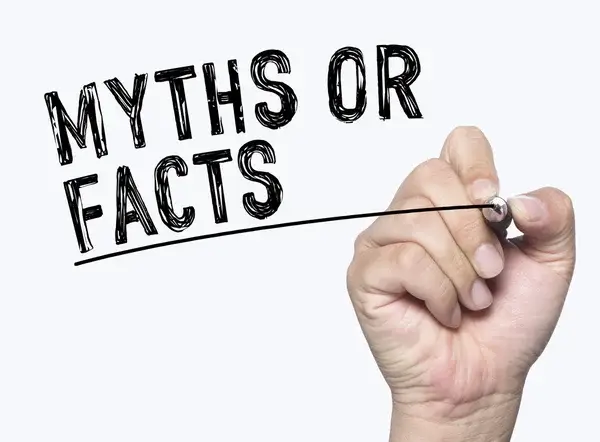The role of dopamine and why people crave drugs
Drug cravings are intense desires to consume substances, and at the core of these cravings is the brain’s reward system, particularly the role of dopamine. Understanding the brain chemistry of dopamine helps explain why people crave drugs.
The Brain’s Reward System
Dopamine is a neurotransmitter that plays a crucial role in the brain’s reward system. It is responsible for feelings of pleasure and satisfaction. When we engage in activities that are enjoyable or essential for survival, such as eating or socializing, the brain releases dopamine, reinforcing these behaviors.
How Drugs Affect Dopamine Levels
Drugs of abuse, including opioids, cocaine, methamphetamine, and alcohol, hijack this natural reward system by triggering the release of large amounts of dopamine. Here’s how it works:
- Increased Dopamine Release: Drugs cause an abnormal surge of dopamine in the brain, far exceeding the levels produced by natural rewards. This surge creates intense feelings of euphoria and pleasure, often referred to as a “high.”
- Altered Brain Function: With repeated drug use, the brain starts to rely on these substances to release dopamine. Over time, natural rewards become less effective at producing pleasure, leading individuals to seek out drugs to achieve the desired dopamine levels.
The Cycle of Craving
The brain’s adaptation to high levels of dopamine creates a vicious cycle of craving and drug use:
- Tolerance: As the brain adjusts to the presence of drugs, it becomes less sensitive to dopamine. This means that over time, individuals need larger amounts of the drug to achieve the same high, a phenomenon known as tolerance.
- Dependence: The brain’s reliance on drugs to maintain dopamine levels leads to dependence. Without the drug, dopamine levels drop, causing withdrawal symptoms and intense cravings.
- Cravings: Cravings are powerful urges to use drugs, driven by the brain’s need to restore dopamine levels. These cravings can be triggered by various factors, including stress, environmental cues, or even memories associated with drug use.
Why Cravings Persist
Even after prolonged periods of abstinence, cravings can persist due to changes in the brain’s reward system:
- Neuroplasticity: The brain undergoes structural changes with repeated drug use, altering neural pathways related to reward and pleasure. These changes can make individuals more susceptible to cravings.
- Conditioned Responses: Environmental cues or situations associated with past drug use can trigger dopamine release, leading to cravings. This conditioning makes it challenging for individuals to avoid relapse, even in recovery.
Conclusion
The brain chemistry of dopamine plays a central role in why people crave drugs. The artificial surge of dopamine from drug use creates intense pleasure, leading to tolerance, dependence, and persistent cravings. Understanding this mechanism is essential for developing effective treatments and interventions to help individuals overcome addiction and regain control of their lives.






